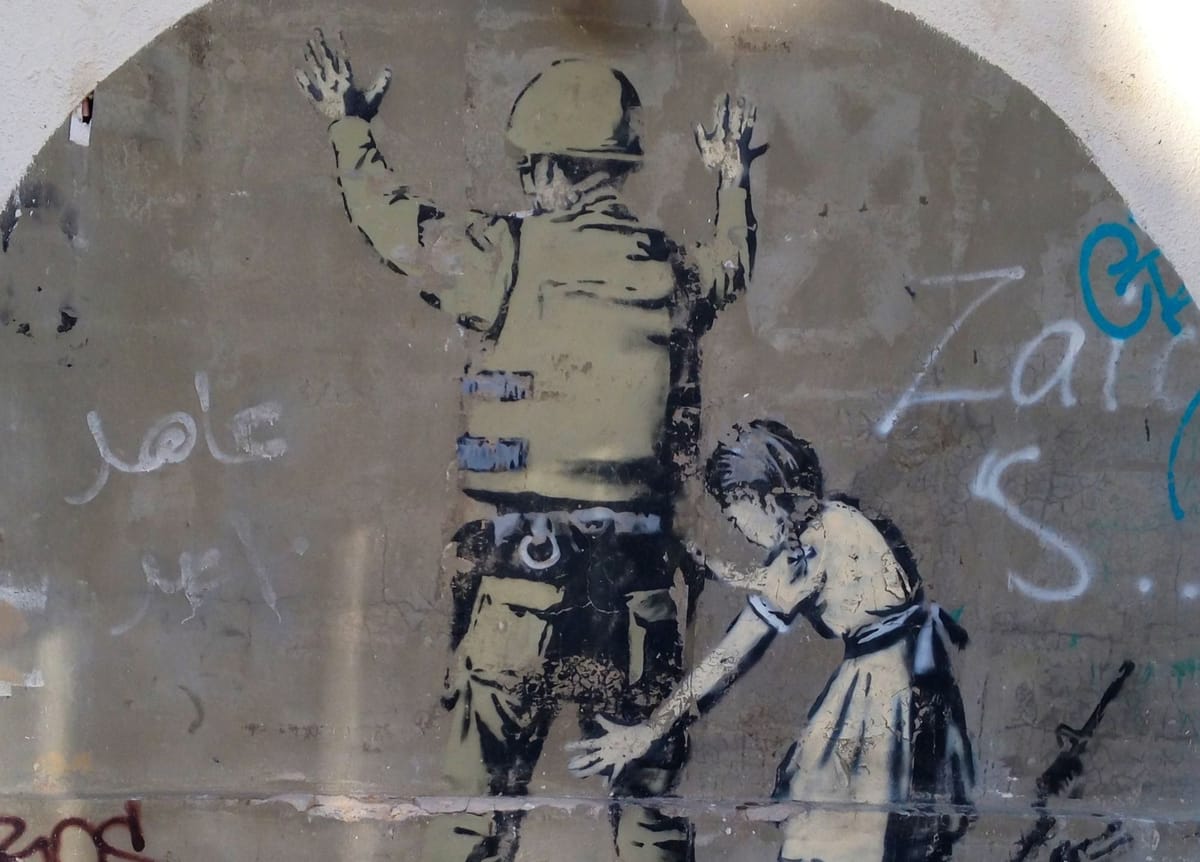St. Dann the Armed Robber

You ever notice how many saints die of drug overdoses?
It's amazing. A newspaper article will recount a man or woman's last days in a way that makes the person sound sweeter than St. Francis, and then, buried in the middle of the article, there'll be a reference to the heroin that killed him.
It happens with all sorts of saints who were masquerading as miscreants. Last year in my small community, a saint died of police gunshot wounds while trying to rob a village pharmacy. St. Dann had also committed armed robbery in 1973 and was found guilty of criminal sexual misconduct in 1993.
But according to the local newspaper accounts, the armed robbery “had to be an act of desperation by [St.] Dann. . . . Without a steady job, he lost his health insurance. Without insurance, he could not afford treatment for rheumatoid arthritis in his back. He was depressed. . . Inside the funeral parlor were glimpses of [St. Dann's] past. His favorite baseball cap bearing the words, 'Hooked on Jesus,' had been placed over his shoulder. . . He enjoyed capturing water scenes and colorful skies at sunset [on film]. His wedding pictures and portraits were professional quality, but he seldom charged friends."
The reporter also quoted generously from St. Dann's friends, like the man who said St. Dann "was a giver.” The journalist didn't ask whether the pharmacist aide–against whose head St. Dann held a gun–agreed with that assessment.
This type of whitewashing has always bothered me. Secularists scoff at the old Catholic hagiographies, but they don't see anything wrong with these types of stories.
It hit me particularly hard last week after a local man was fatally injured in a car accident. He wasn't a good person: he was being prosecuted for assault and battery; he had been banned from nearly every bar in the county; he started fights and did mean things; he supposedly welched on debts and mocked Christians for believing in God. I never met him, but I'm told he scarcely had a good bone in his body.
On a local, private, Internet message board, a few people offered guarded well-wishes when he was taken off life support and given little time to live. A few people responded “good riddance,” which then prompted blistering objections from others, to the effect, “Don't rake a dead man.”
One person opined that a person creates his legacy while he's alive. If he was no good while kicking, why talk well of him after his boot is in the coffin? The exchange was bitter and fascinating.
I'd say there are basically three ways we deal with the dead:
1. We focus on the dead person's life on earth (e.g., sharing memories).
2. We focus on the dead person's effect on us now (e.g., his legacy).
3. We focus on the dead person's future (e.g., praying for his soul).
The typical Catholic Mass captures all three. Friends and family share memories, the priest uses the person's death to spur listeners toward virtue and heaven, and the congregation prays for the decedent's soul. As one popular TV show put it earlier this year, “Catholics sure know how to do death” (rough quote).
American culture at large has lost the third element. That's not surprising, of course, since our culture is largely Protestant and most Protestants don't accept the doctrine of Purgatory. The result is that the first two elements must carry the entire brunt of how Americans deal with the dead.
And I suspect it's the missing third element that causes problems, like the bitter exchange on the local message board and the St. Dann stories.
If we focus solely on the memory of the person and his legacy, the decedent's vocal critics are correct: he left bad memories, and his legacy of hurt can't edify us now. There's nothing else to say. Glossing over his faults, whether in silence or with hagiography, is wrong.
Yet that's not consistent with most people's intuition. Most people, except the coldest rationalists, believe death merits more respect than that, but they can't explain the reasons, because they've lost the Catholic focus on the third area: praying for the person's soul. They merely have a vague hunch that we ought to be nice to the dead, no matter what. The results are wildly inaccurate stories that paint virtuous pictures of miscreants.
It's the act of praying for the person's soul that brings out the full mystery of death and its meaning for us. That final trip commands humility, awe, and silence.
But if we don't say prayers for the decedent, this focus tends to get downplayed. I'm not saying Protestants don't appreciate God's judgment (think of the stereotypical southern Baptist delivering a funeral sermon), but I am saying Catholics appreciate it more.
Catholics believe in Purgatory, not the sudden washing of our souls that occurs upon death and takes us immediately to heaven. It's not a “blip, and then you're in heaven.” It's a “blip,” and then the next life starts. And, as illustrated in C.S. Lewis' The Great Divorce and Wyndham Lewis' eerie three-volume series, The Human Age, it may not be an easy or instant paradise.
Consciousness of this tends to make the Catholic more aware of the final trip. Without that consciousness, our culture loses balance and embraces one of two extremes: vicious words about the dead and stories like the one about St. Dann the Armed Robber.
